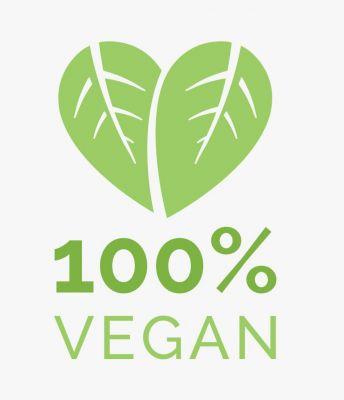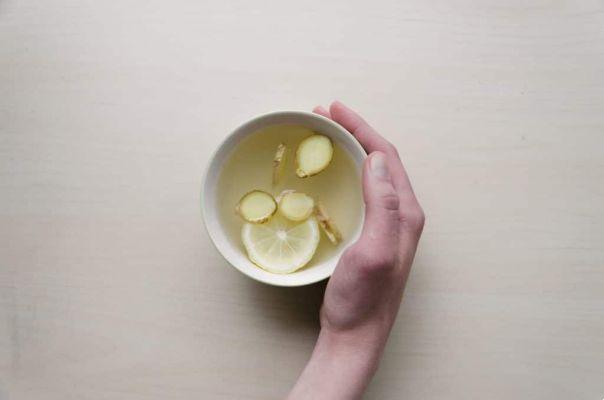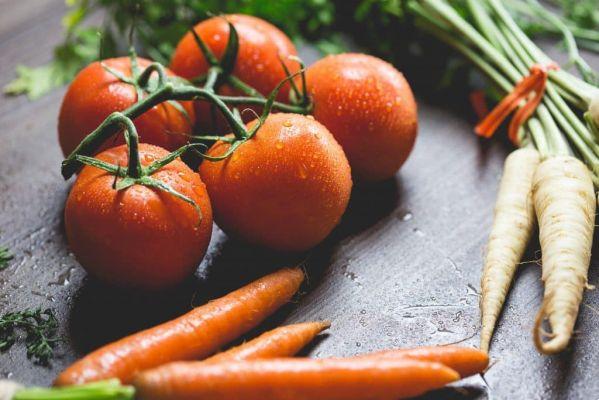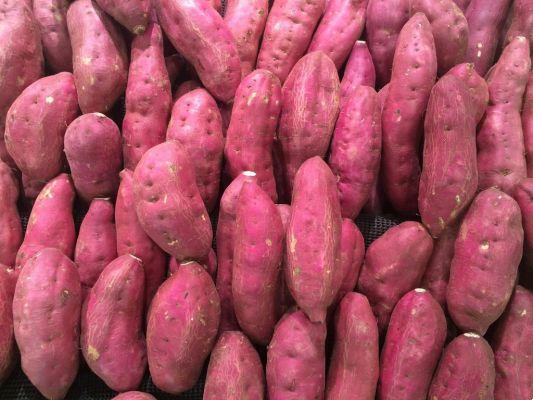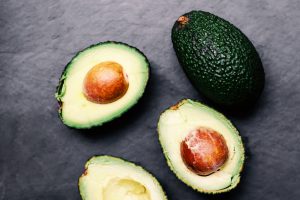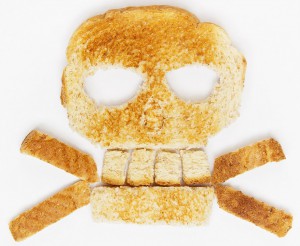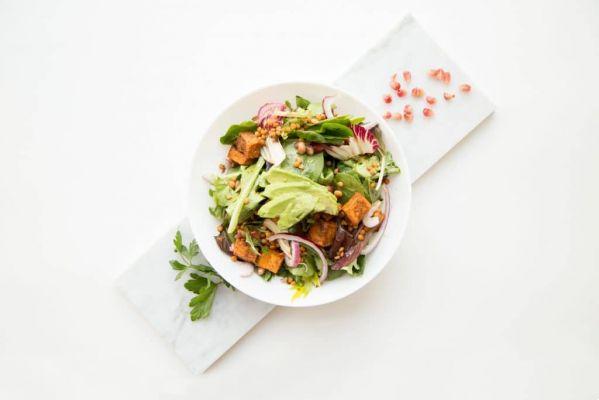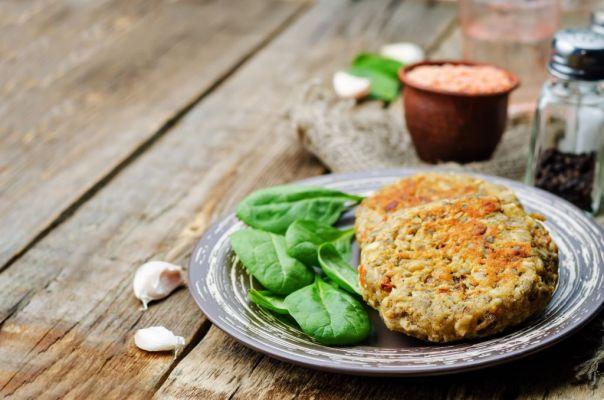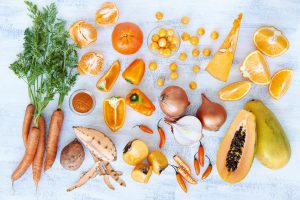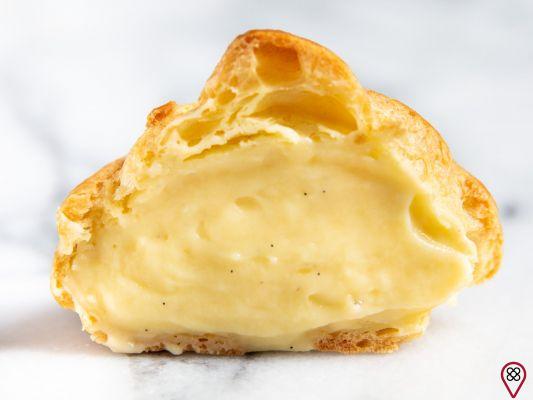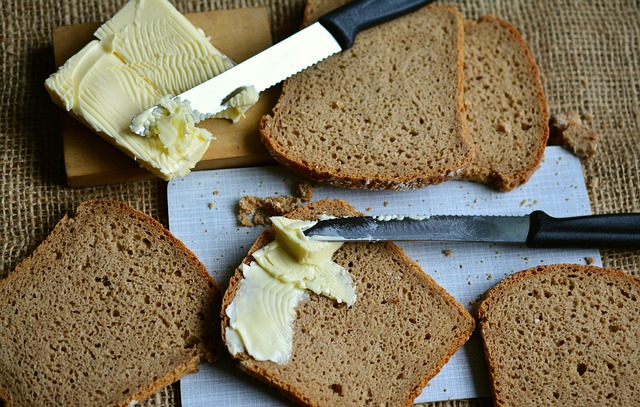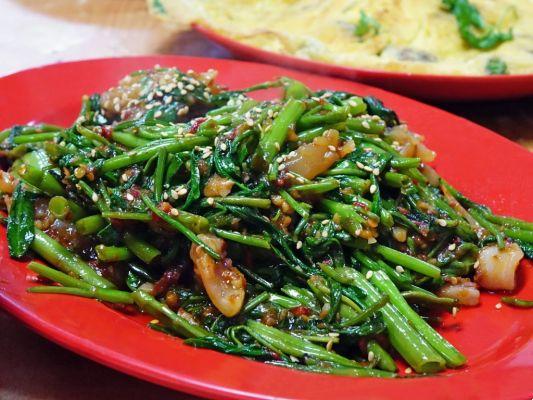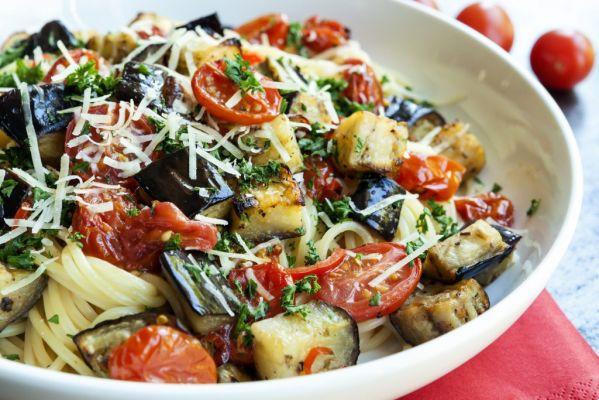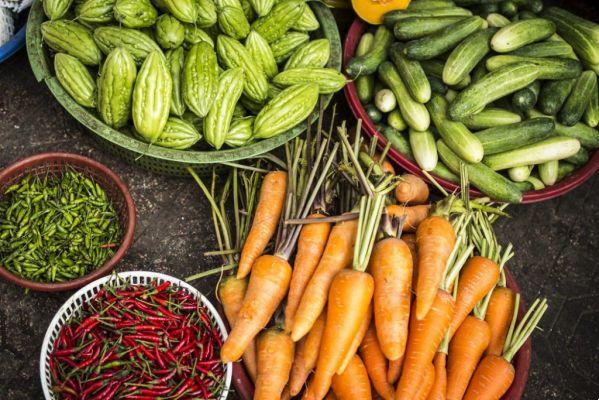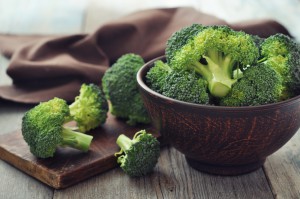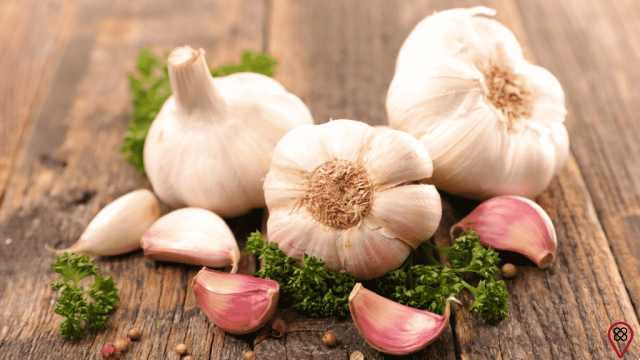You go shopping once a week and always visit the market to replenish what's in stock or you're one of those people who have endless stocks of semi-ready food. Did you realize how much can involve the simple act of eating? Have you ever realized what kind of relationship you have with food?
I ask these questions because food goes far beyond the simple act of satisfying hunger. It can be a ritual, a way to bring friends and family together, an act of pleasure and also a form of self-punishment.
Many people have a totally unbalanced relationship with food and go years without realizing it. Binge eating is one of the most frequent forms of an unbalanced relationship. You know those days when you feel like eating something, but you don't really know what it is, so you decide to try different foods? And that day when it seems that nothing is able to satiate you; you eat a sweet and want a savory one, after you eat the savory one, do you feel like eating sweet again? Well, know that days like this are normal, after all, food is an easy and not to be condemned form of pleasure. The problem happens when these days become routine and become a lifestyle.
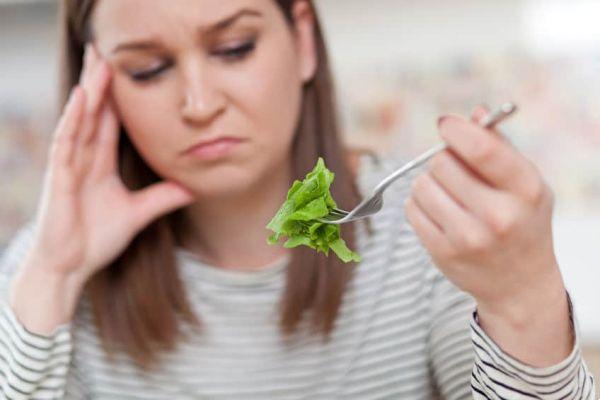
Hardly anyone creates compulsion to eat lettuce. Usually, you compulsively eat high-calorie sweets or industrialized foods. Deep down, all this has a physical, chemical and also mental explanation. This type of food has, in addition to sugar, some ingredients (such as monosodium glutamate) that have the main function of addicting and developing the desire to eat even more. However, no substance is strong enough to make decisions for you and this is where the need for even greater control comes in.
Many times we can discount much bigger problems in food, because food is easy, necessary and, as previously described, not objectionable. Then we went for an instant pleasure to get the real problem under the rug. For example, if you've had a hard day at work and decide to stop at the bakery before heading home to buy a bunch of sweets, this is a way to deflect your frustration and have immediate pleasure, which gives you a sense of comfort and makes you momentarily forget the real problem.
Another form of an unbalanced relationship with food is self-punishment. Some people turn eating, which is a moment of pleasure, into a way of punishing themselves. This happens when they are not satisfied with some aspect of their lives or personalities, so they start to take that discontent out of their diet, causing weight imbalance and other health problems. Deep down, these people think these evils are deserved.
If you have identified with any of these conditions, seek help immediately, as your relationship with food is far from healthy. Take care of your mind, your emotions and identify the real problems that bother you. Food should be used for nourishment and even small doses of pleasure, but nothing that is done in excess is good.
Written by Roberta Lopes from the Eu Sem Fronteiras team.



